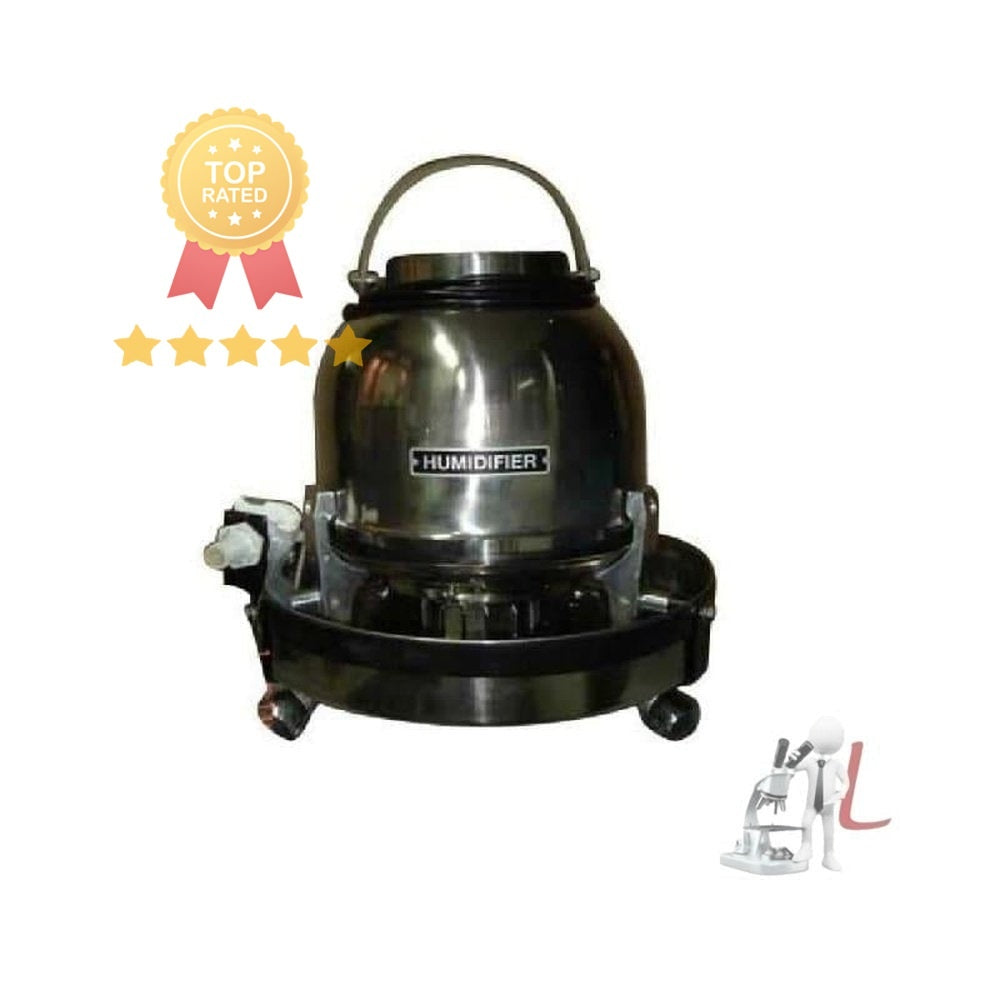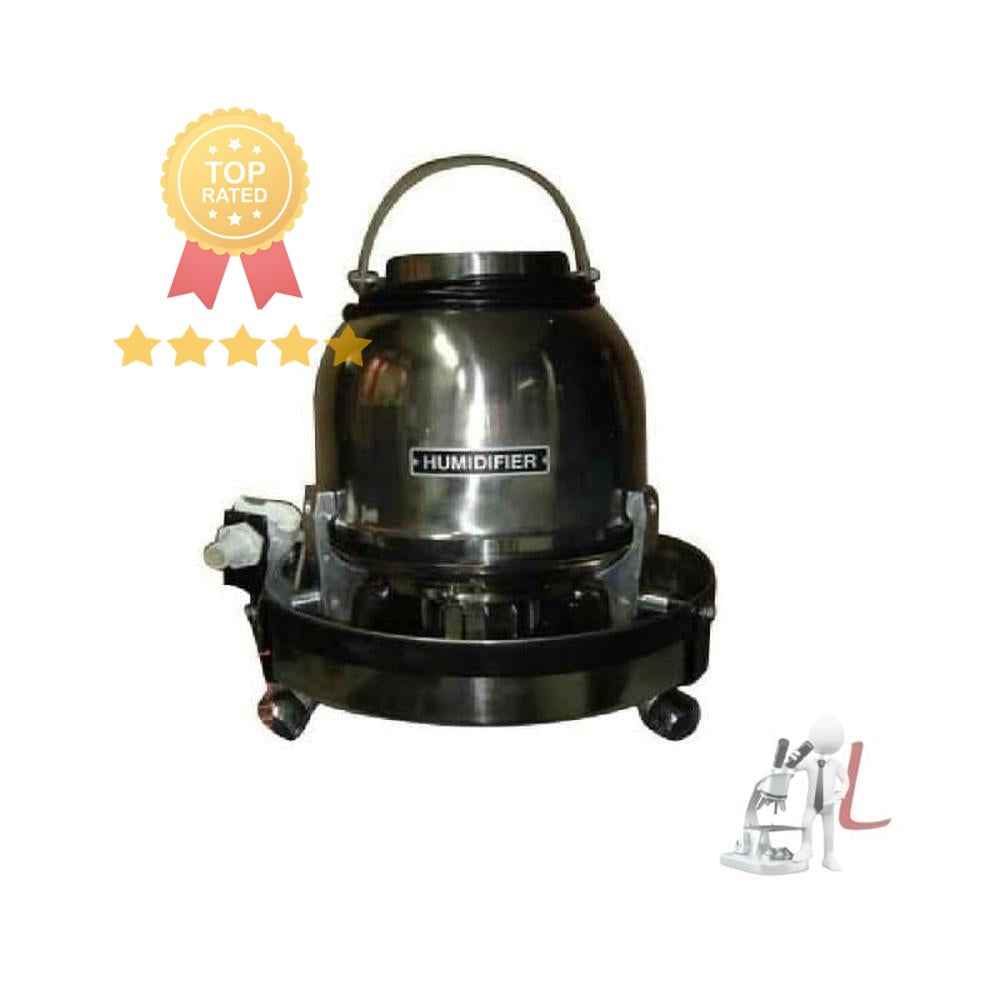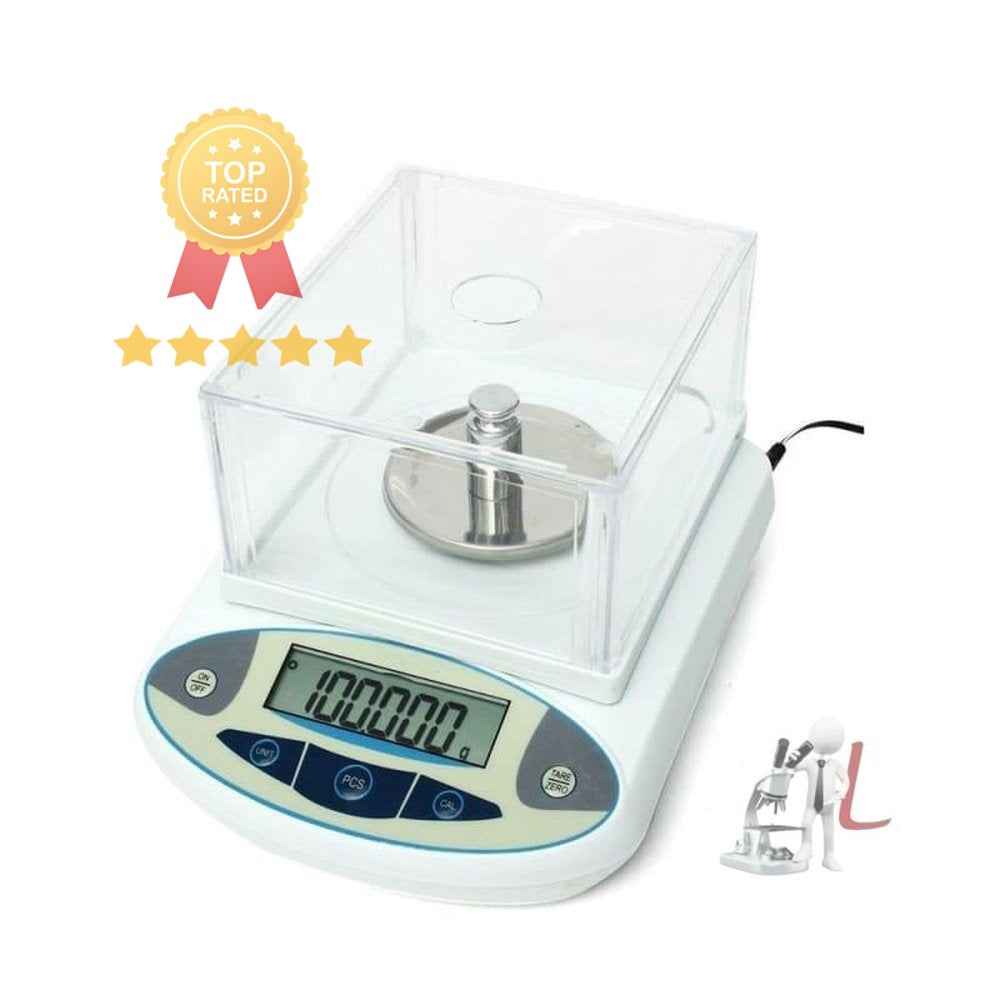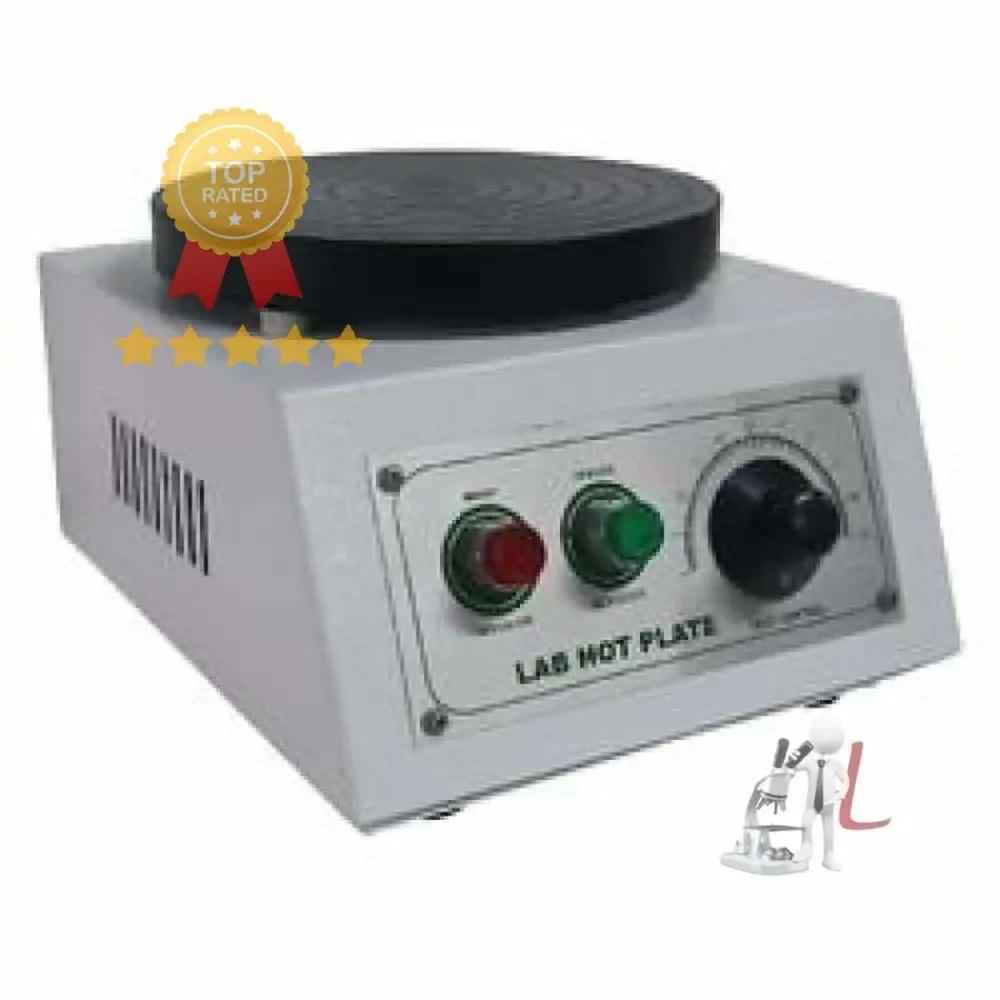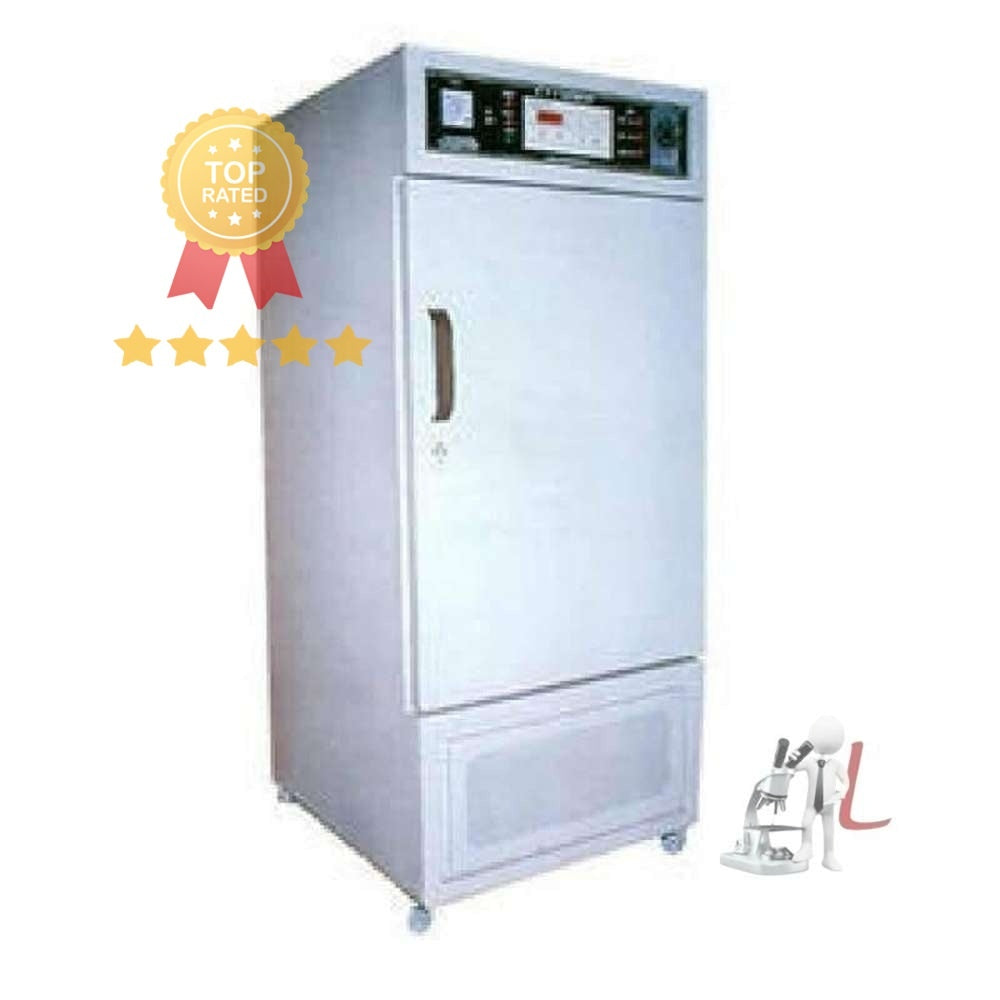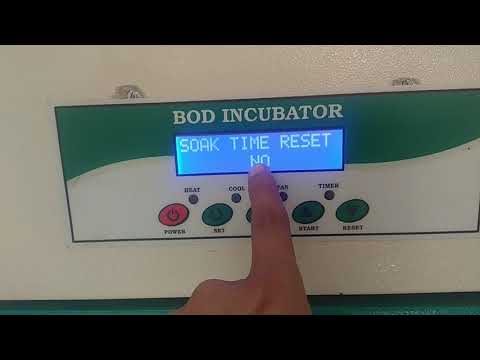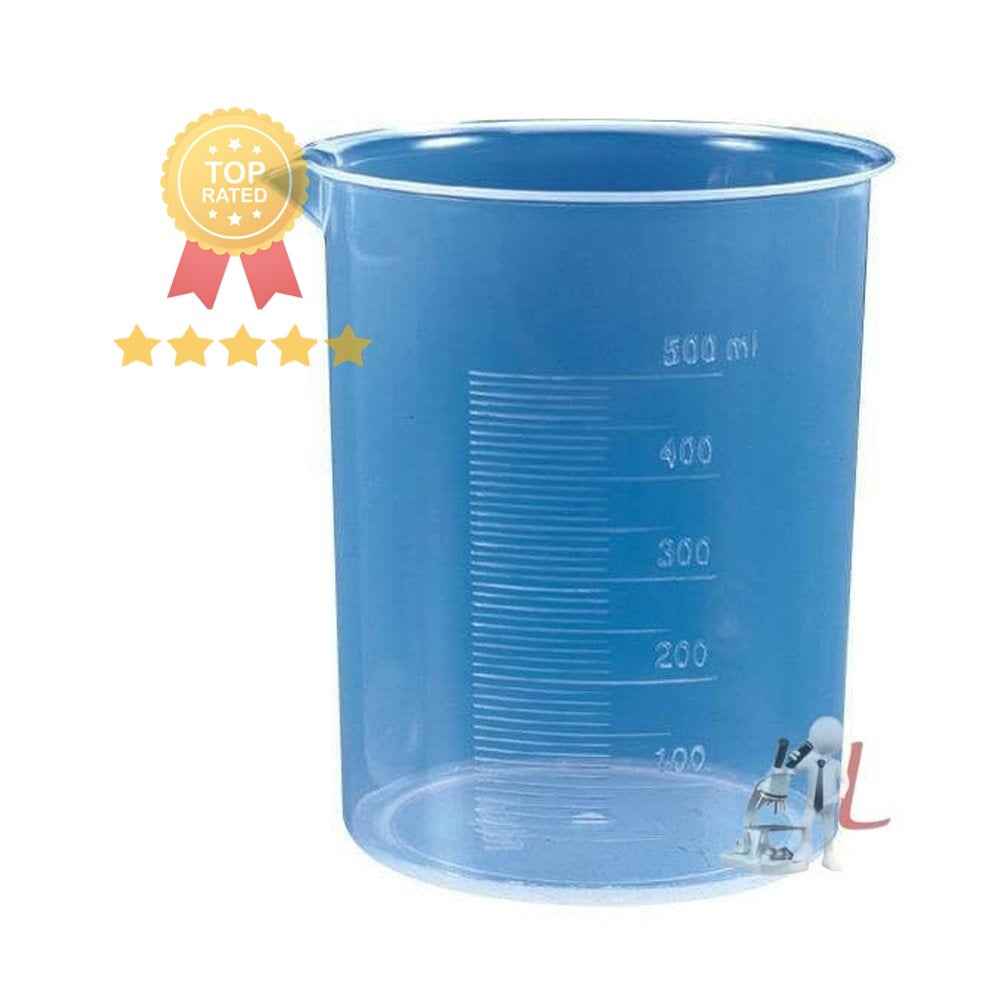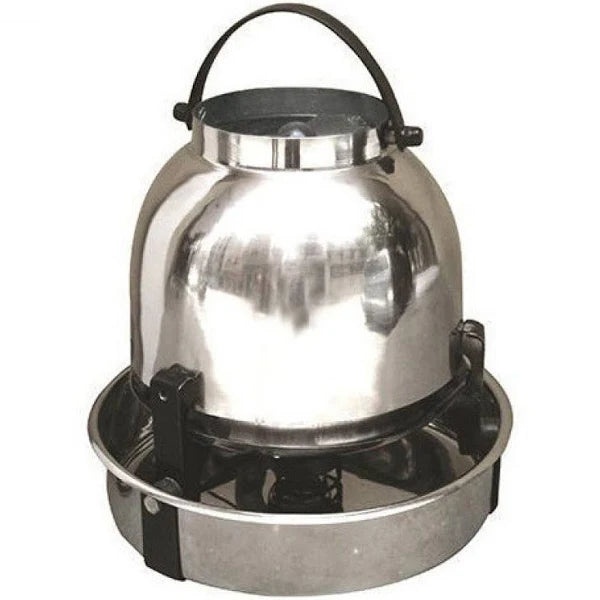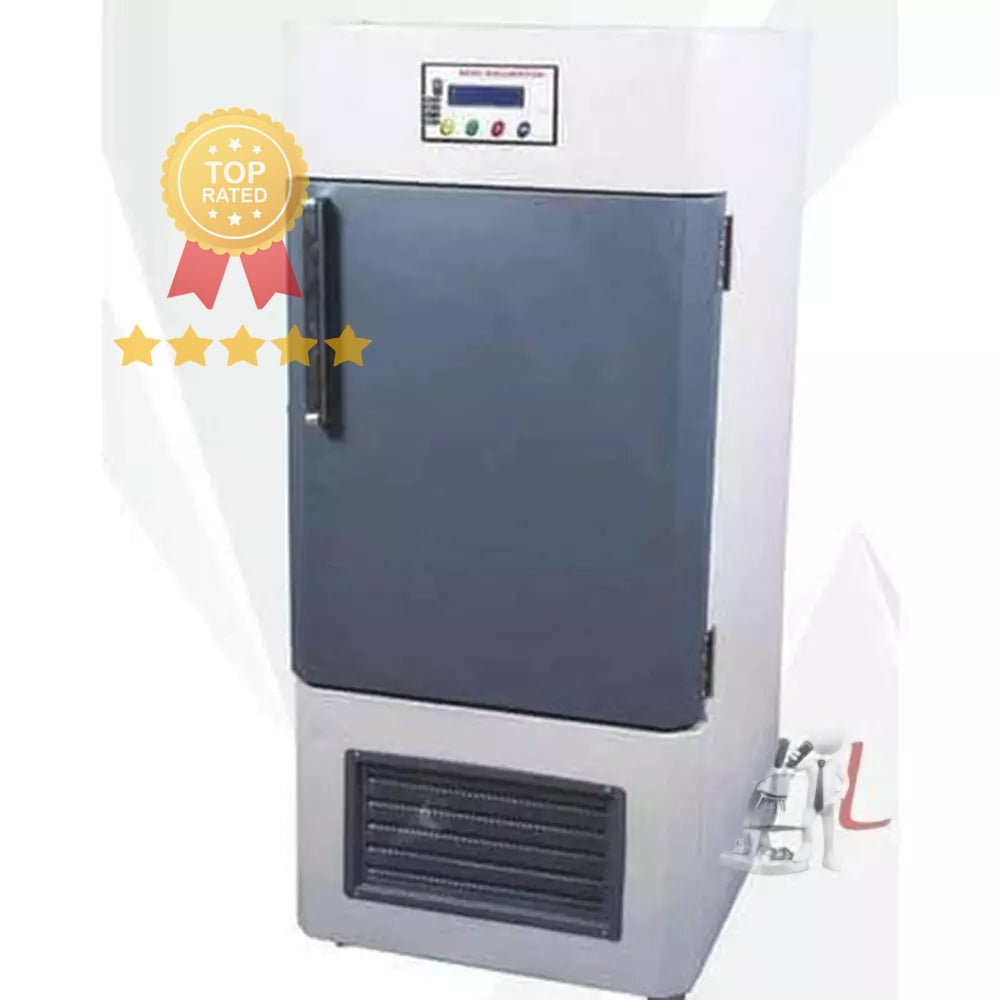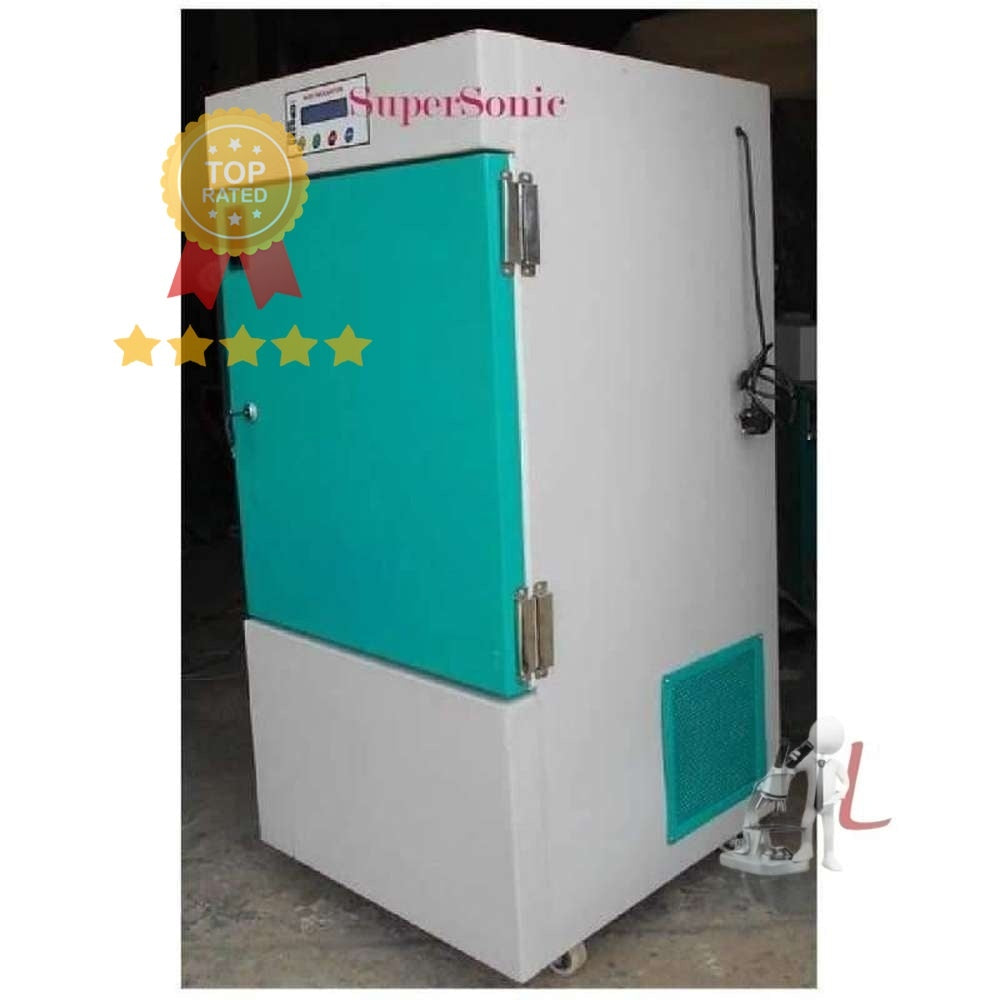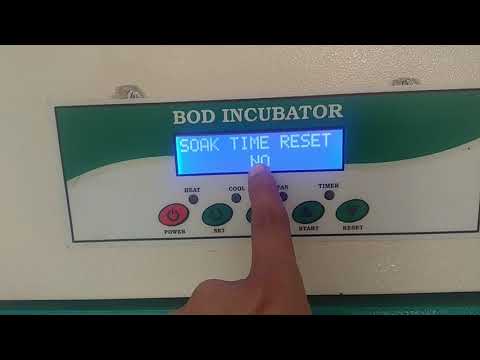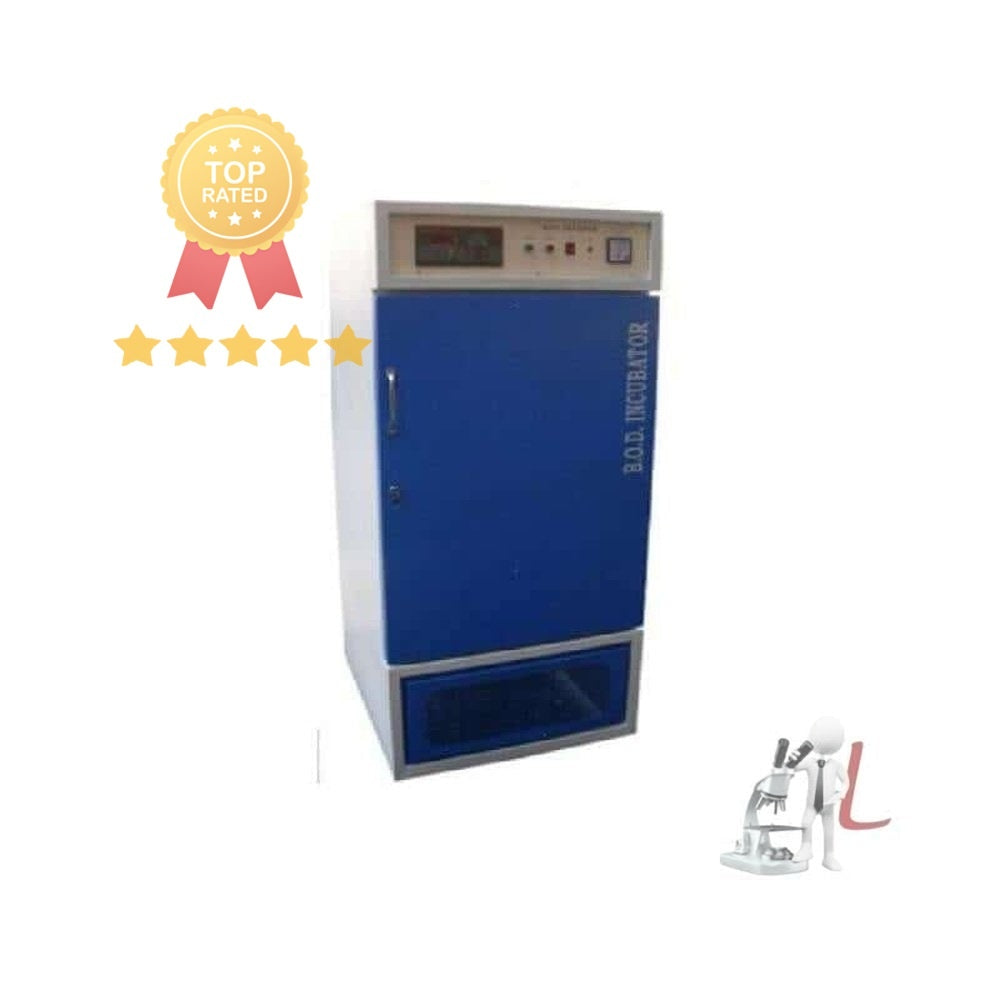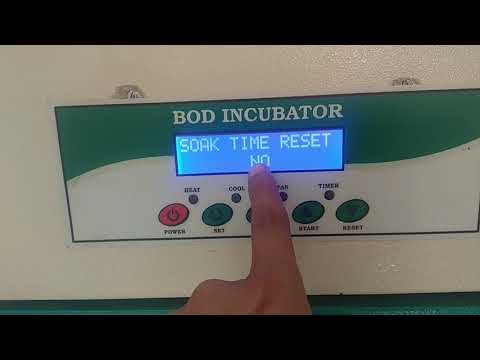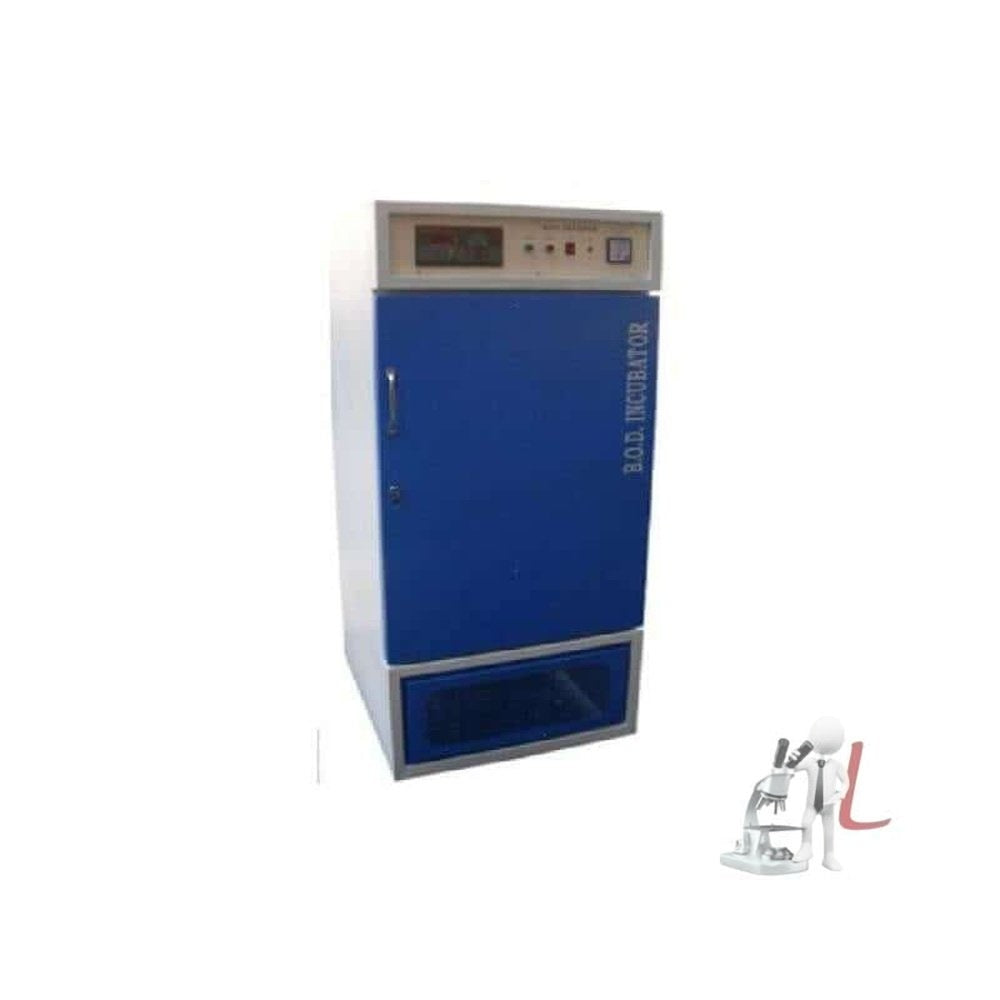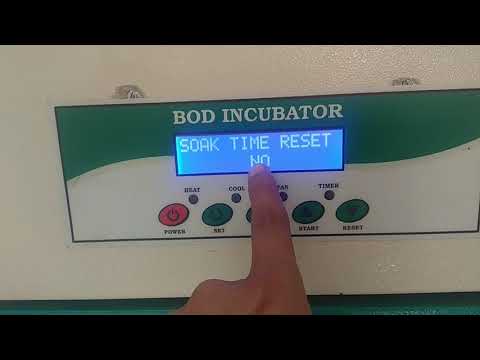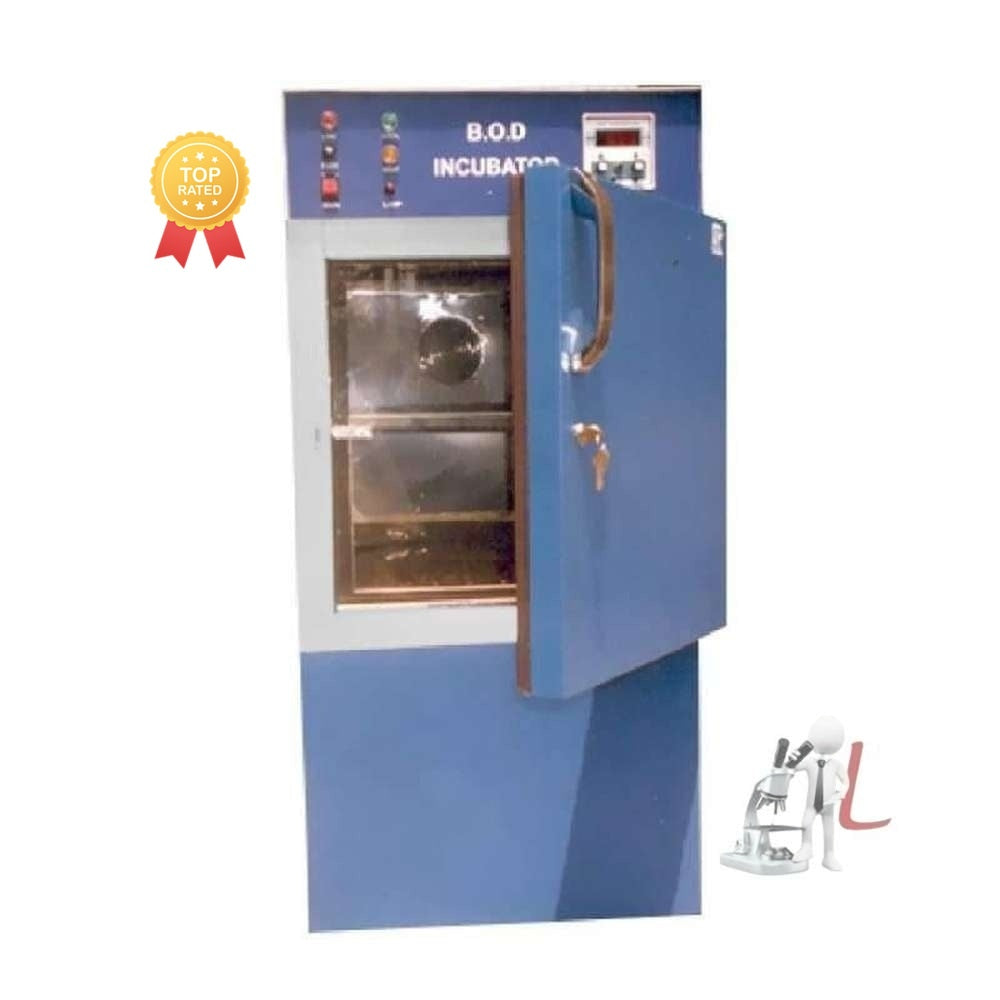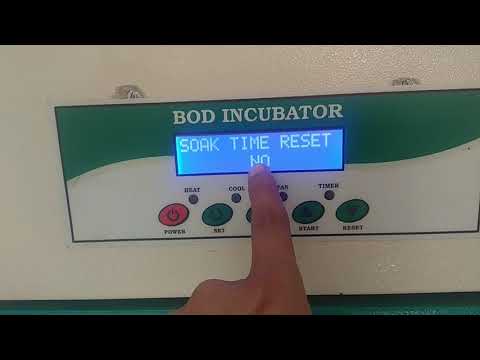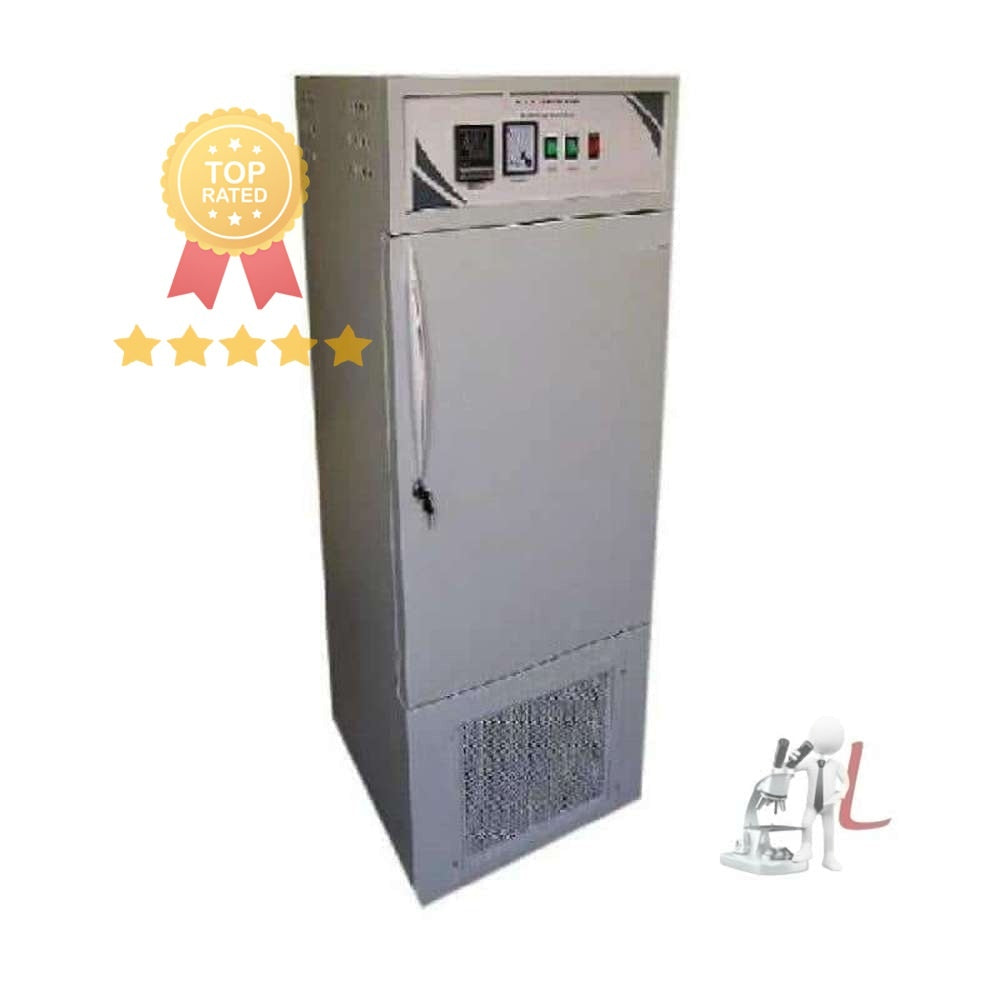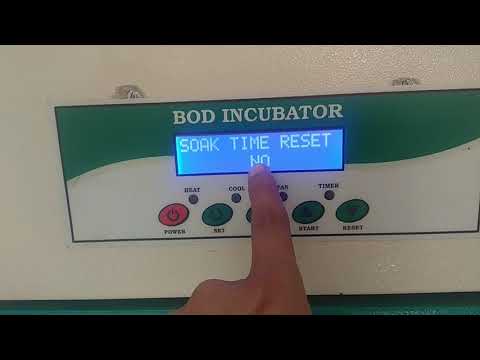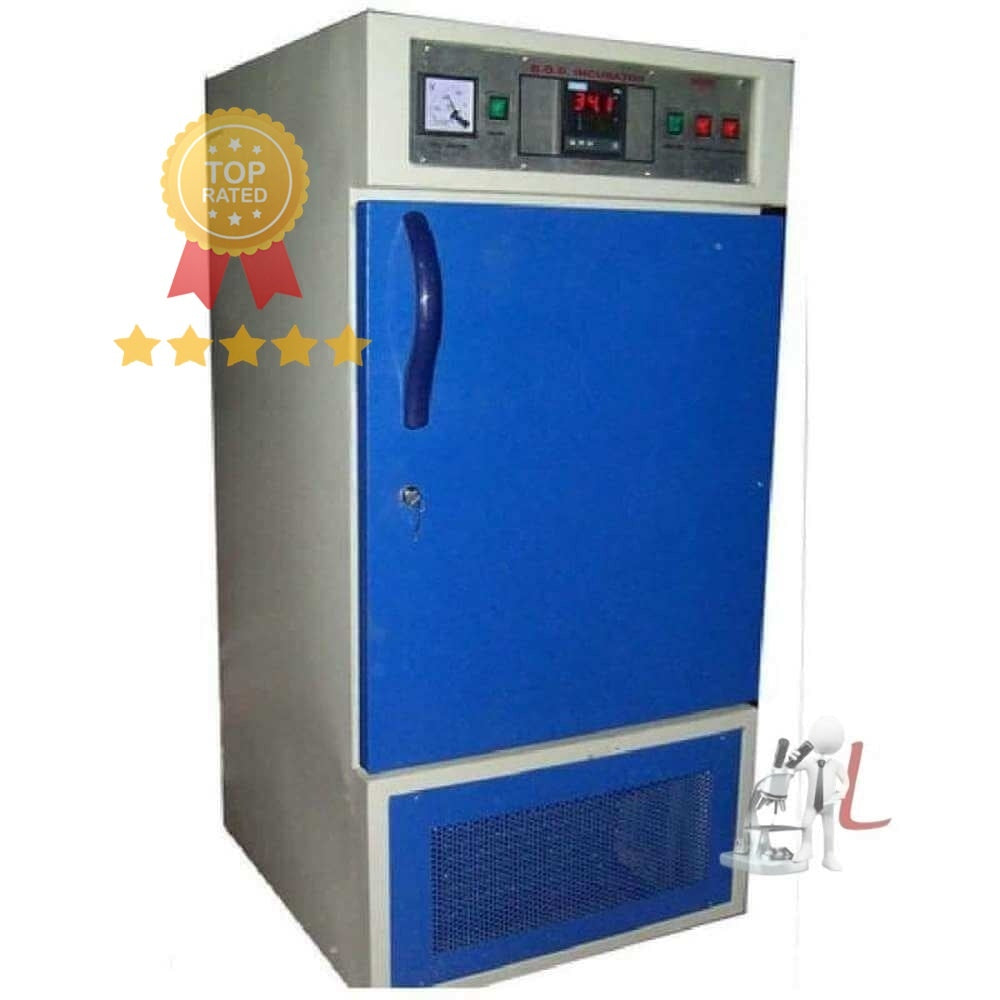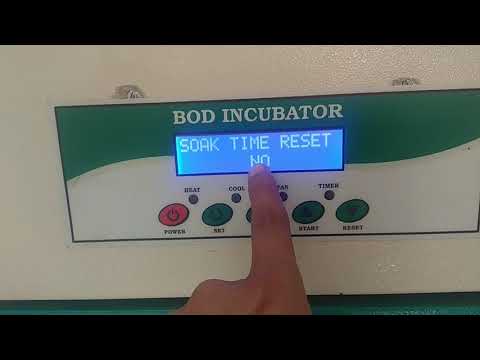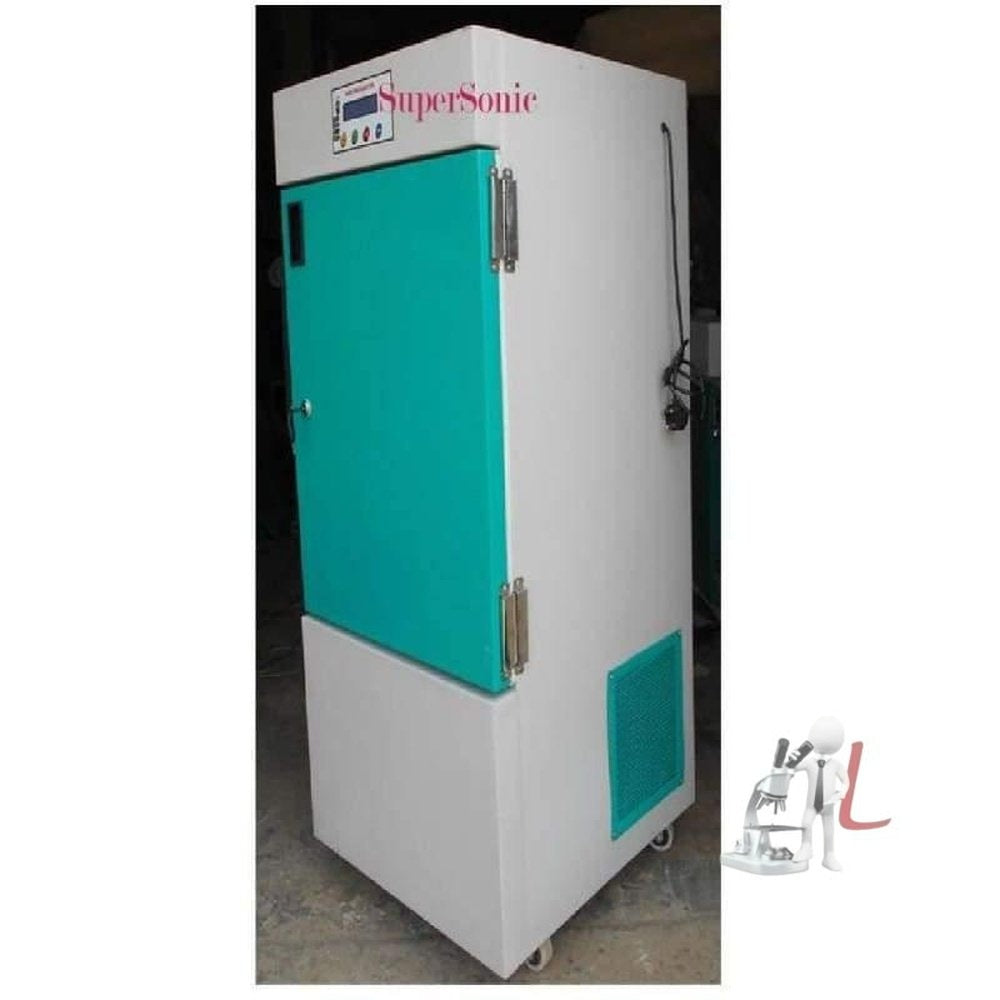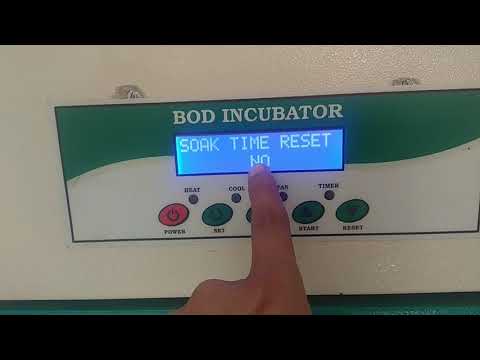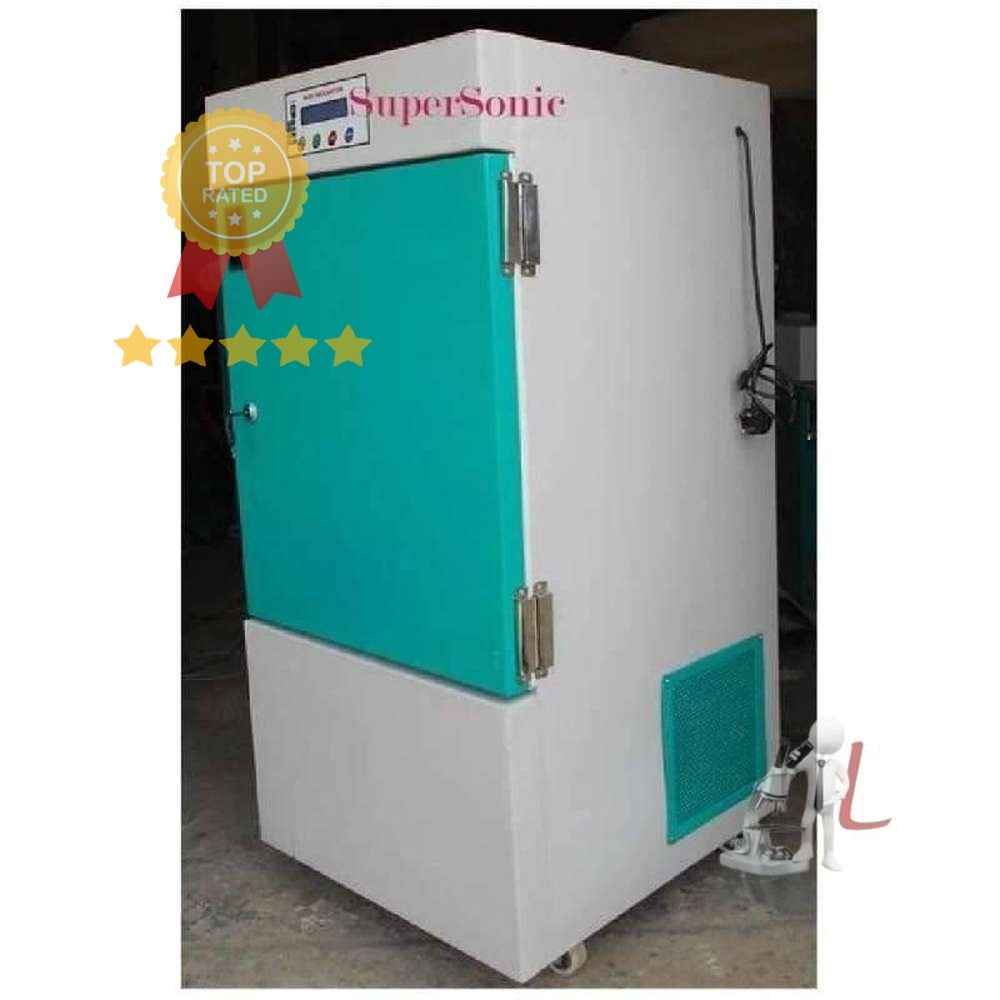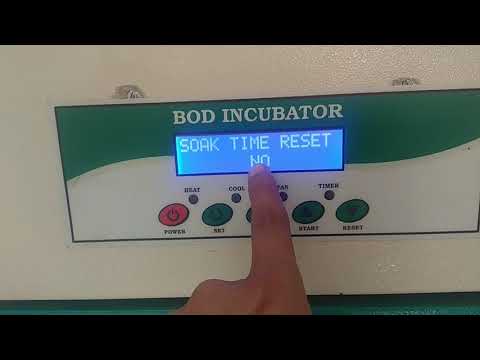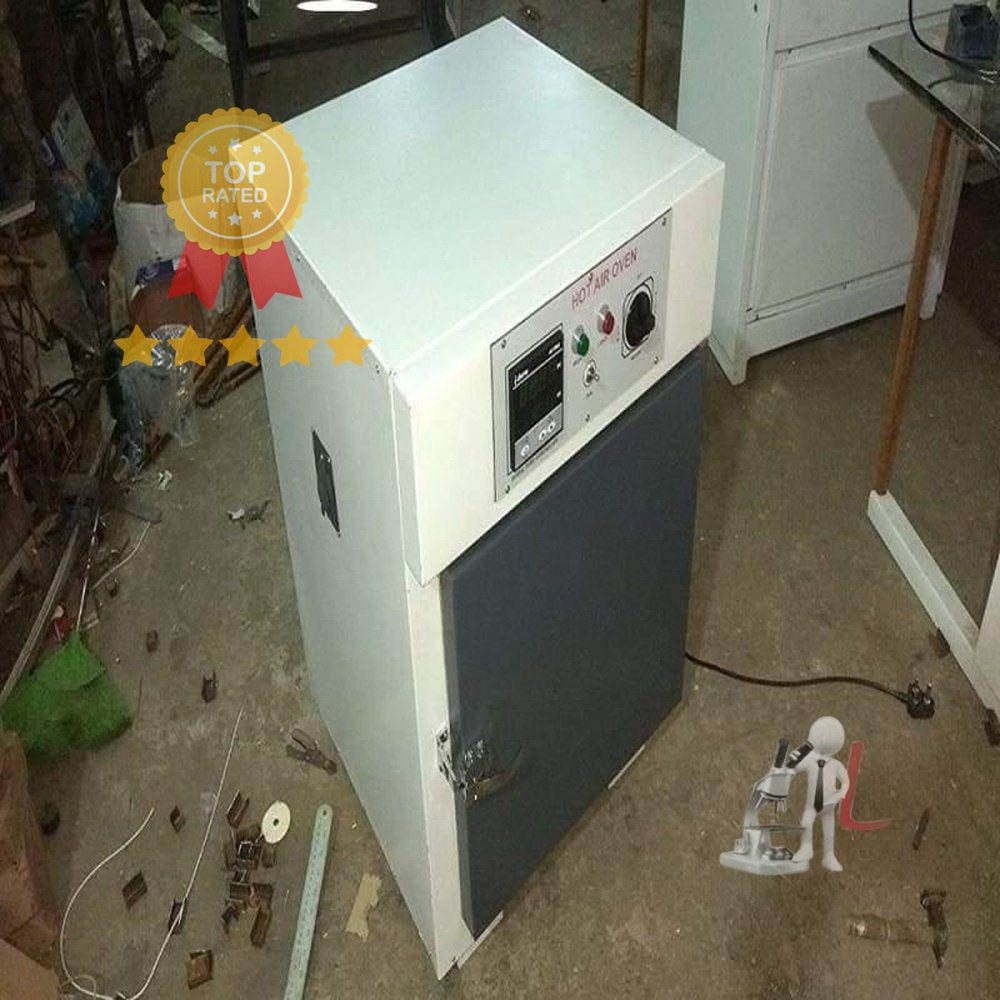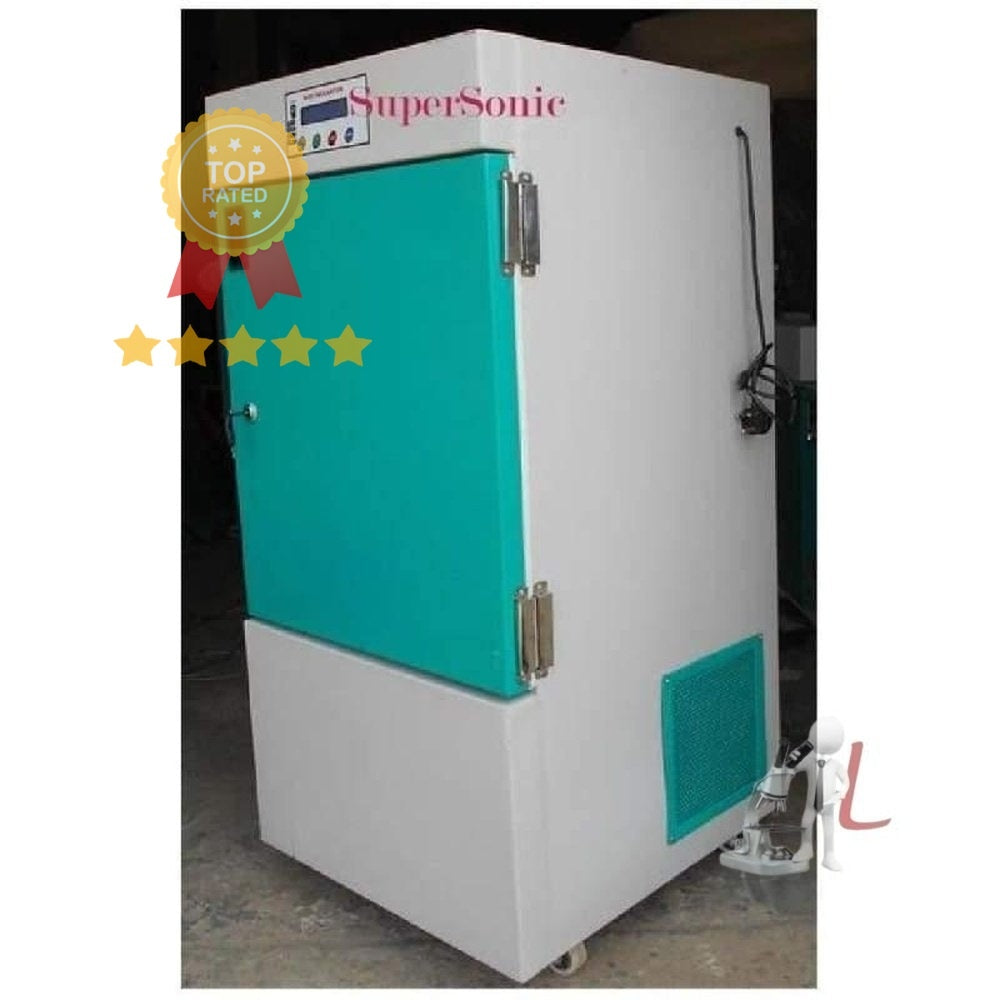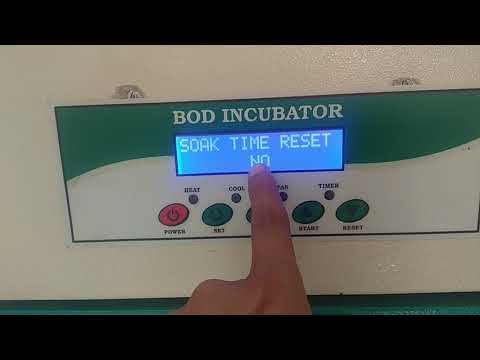Mushroom Lab Equipment: Essential Tools for Cultivation and Research
Mushroom Lab Equipment is crucial for anyone engaged in the cultivation and research of mushrooms. The right equipment can make a significant difference in both yield and efficiency, allowing cultivators and researchers to achieve their goals with precision and ease. This collection aims to provide a comprehensive overview of various Mushroom Lab Equipment that is indispensable for successful mushroom farming and scientific exploration.
The foundation of any successful mushroom cultivation starts with understanding the biology of mushrooms and the ideal conditions needed for their growth. This includes not only knowledge about the different mushroom species but also how to replicate their natural habitat in a controlled environment. To facilitate this, Mushroom Lab Equipment encompasses tools and devices that enhance the cultivation process.
First and foremost, sterile working environments are paramount when cultivating mushrooms. This is where items like laminar flow hoods and glove boxes come into play. Laminar flow hoods provide a sterile airflow that minimizes the risk of contamination when handling spores, cultures, and growing mediums. Glove boxes offer a hands-on approach to working in sterile conditions, allowing researchers to manipulate materials while maintaining a clean environment.
Bacterial and fungal growth can easily spoil a batch of mushrooms, which makes personal protective equipment (PPE) essential. This includes items such as gloves, masks, and lab coats that not only protect the individual but also prevent the introduction of contaminants into the laboratory environment. Investing in quality PPE ensures that your mushroom cultivation process remains consistent and reliable.
Moreover, the choice of substrates is a critical aspect of mushroom cultivation. The substrates, or growing mediums, must be prepared and sterilized properly to ensure that mycelium has the best chance to thrive. Autoclaves and pressure cookers serve as vital pieces of Mushroom Lab Equipment for this purpose, allowing cultivators to sterilize substrates and tools effectively. The temperature, pressure, and time settings of these machines must be carefully monitored to achieve optimal sterilization without damaging the substrate's structure.
Once the substrates are ready, inoculation follows. This stage can be enhanced by using inoculation loops and syringes to transfer mycelium cultures into the substrate. Accurate and sterile inoculation is crucial, as it dictates the success of the growing process. Outside of the sterilization process, controlled environments are just as critical. This is where temperature and humidity control equipment comes in. Devices such as climate control units and humidity sensors help maintain the ideal conditions for mushroom growth.
Lighting also plays an important role in the development of mushrooms, especially in the fruiting phase. LED grow lights provide the necessary spectrum of light required for photosynthesis while being energy-efficient. The duration and intensity of light exposure can be managed through timers to simulate day-and-night cycles, which is often essential for promoting fruiting body development in various mushroom species.
Monitoring and testing equipment must not be overlooked. pH meters, moisture meters, and thermometers are essential tools in the realm of Mushroom Lab Equipment. These devices help ensure that all parameters are within desired limits. Regular monitoring can help predict and prevent issues before they affect the cultivation process.
Furthermore, proper storage is necessary for both substrates and harvested mushrooms. Refrigerators designed for laboratory purposes help maintain optimal temperatures for spore storage. Vacuum sealers can also preserve the freshness of harvested mushrooms, ensuring that they retain their value and quality until sold or consumed.
Finally, record-keeping and data analysis are additional aspects that should be considered in a mushroom cultivation lab. Software designed for agricultural research can help analyze growth patterns and production data. Keeping detailed records can help identify successful strategies as well as areas that need improvement, making this an invaluable part of any serious mushroom cultivation effort.
In summary, Mushroom Lab Equipment encompasses a wide array of tools essential for effective mushroom cultivation and research. From sterile workspaces to climate control and monitoring, the right pieces of equipment increase the likelihood of success in growing mushrooms. This comprehensive overview demonstrates the importance of investing in reliable Mushroom Lab Equipment to ensure a thriving cultivation experience.
Filter
Sort by


